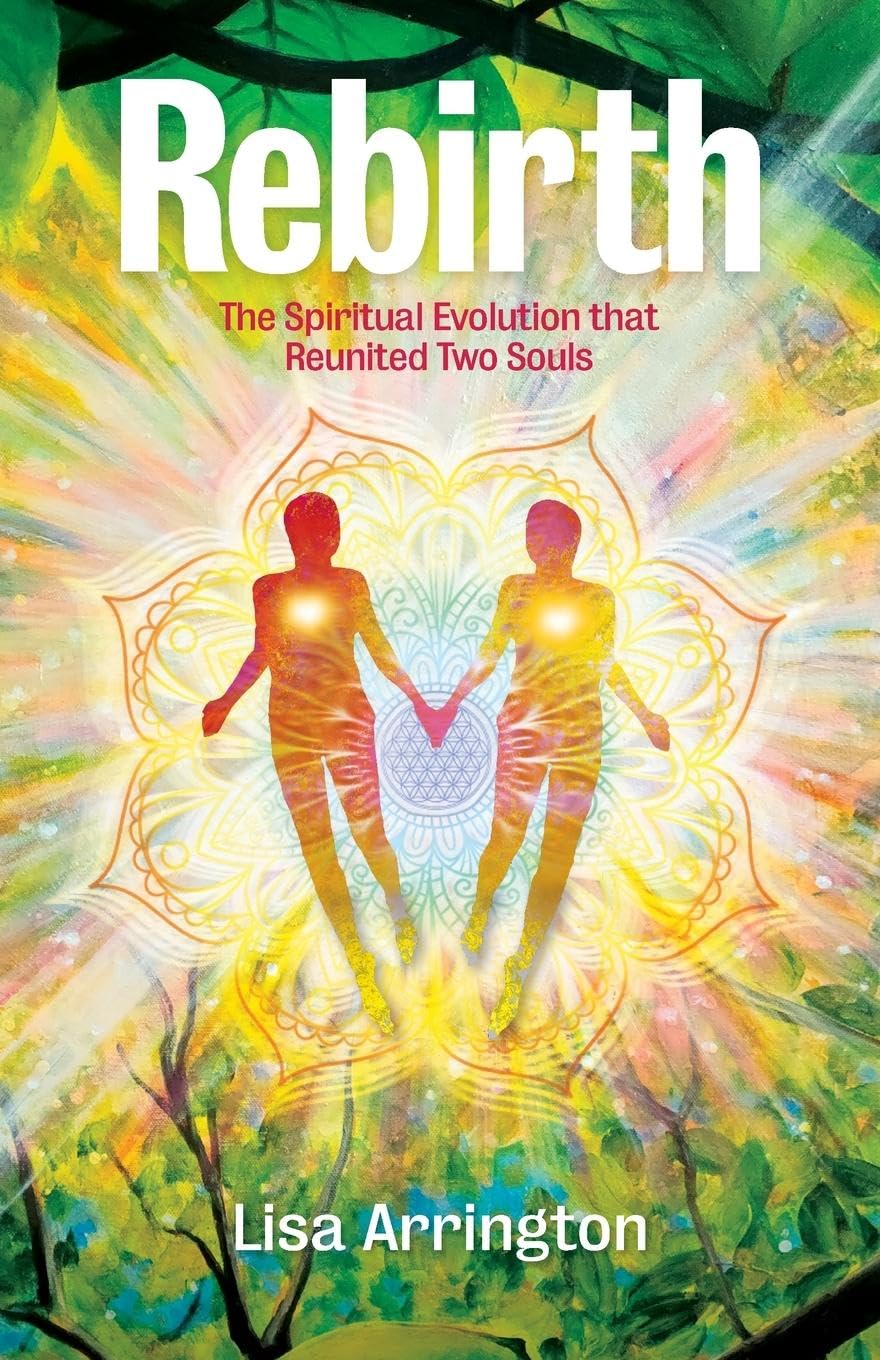Discover the profound difference between prayers and spells. Often used interchangeably as methods to manifest something, these concepts have distinct meanings and implications. Understand the power of your word choice and the impact it has on yourself, your consciousness, and reality.
Words, as tools of communication, shape our understanding and perception of the world. When we use the wrong words, we can unintentionally skew our understanding of concepts, leading to misunderstandings and misinterpretations. This is particularly true when we’re discussing spiritual or metaphysical topics, where nuances in language can have profound implications.
One such distinction that’s often overlooked is the difference between “prayers” and “spells.” While both terms describe methods of manifestation, involving one’s use of belief, intention, and actions to bring about desired outcomes, they are fundamentally different.
Prayers are directed toward a higher power or divine being, seeking divine intervention. This intervention transcends the limitations of the physical world, tapping into a source of power beyond human comprehension. Prayers acknowledge the existence of a Creator and seek guidance, protection, or assistance from this higher being.
Spells, on the other hand, are typically associated with natural forces, elements, or entities within the created universe. They invoke these forces to achieve specific goals, often drawing upon magic, Wicca, or witchcraft. While spells can be powerful, they are limited by the boundaries of the physical world.
The choice between using “prayer” or “spell” is not merely a matter of semantics; it has significant implications for our understanding and experience.
Our minds are wired to associate words with specific concepts and emotions. When we use the word “prayer,” we tap into a network of associations that includes concepts like faith, hope, and divine connection. Conversely, the word “spell” evokes associations with magic, mystery, and the occult.
These associations are not arbitrary; they are deeply ingrained in our cultural and historical context.
RELATED READING
The Power of Words, Patterns, and Neural Processes
Learn more about how the words we think, say, read and process matter, due to the way your brain works to create neural pathways and associations for terms like “prayers” and “spells”.

Our brains have evolved to recognize patterns and make connections, through relational reasoning and relational thinking. These contextual associations are a natural part of that process. Even when we are not consciously aware of these associations, they can subtly influence our thoughts, behaviors, and personal values. Though the influences may be subtle, they can have grave effects.
It’s like when Jesus said that even having faith as small as a mustard seed can do great things – things beyond what we may think we’re capable of, such as moving mountains. Through this miniscule or subtle bit of faith, “nothing will be impossible for you” (Matthew 17:20-21). If this is the effect of a metaphysical concept like faith, imagine what the physical, real effect of the cognitive associations you’ve developed can have on your reality.
Consider the analogy of a 3D object casting a shadow. The shadow is a 2D representation of the 3D object, but it is not the object itself. The shadow is influenced by the size, shape, and orientation of the object, but it cannot exist independently of it. Similarly, our conscious reality is influenced by a higher level of existence, a spiritual or metaphysical realm. Our choices of words can affect how we perceive and interact with this higher realm.
By understanding the distinction between prayers and spells, we can more accurately communicate our intentions and beliefs. We can tap into the power of divine intervention through prayer, or we can harness the forces of the natural world through spells. The choice is ours, but it is important to use the correct language to ensure that our intentions are clear and our efforts are aligned with our goals.

Lisa Arrington
Lisa Arrington is an author, speaker, and founder of EtherealSoul.net, the first website dedicated to the journey after the loss of a Twin Flame. Lisa specializes in the intersection of science and theology, with an interest in embedded connections and universal patterns. Lisa’s story is published in the book, “Rebirth: The Spiritual Evolution that Reunited Two Souls” and she manages the Twin Flame & Soulmate Grief Support Group to help others. In her professional life, Lisa is a Search Engine Optimization (SEO) manager with a B.S. in Business Administration – Marketing and Economics minor from The University of North Carolina in Charlotte. Follow her @etherealsoul444.


